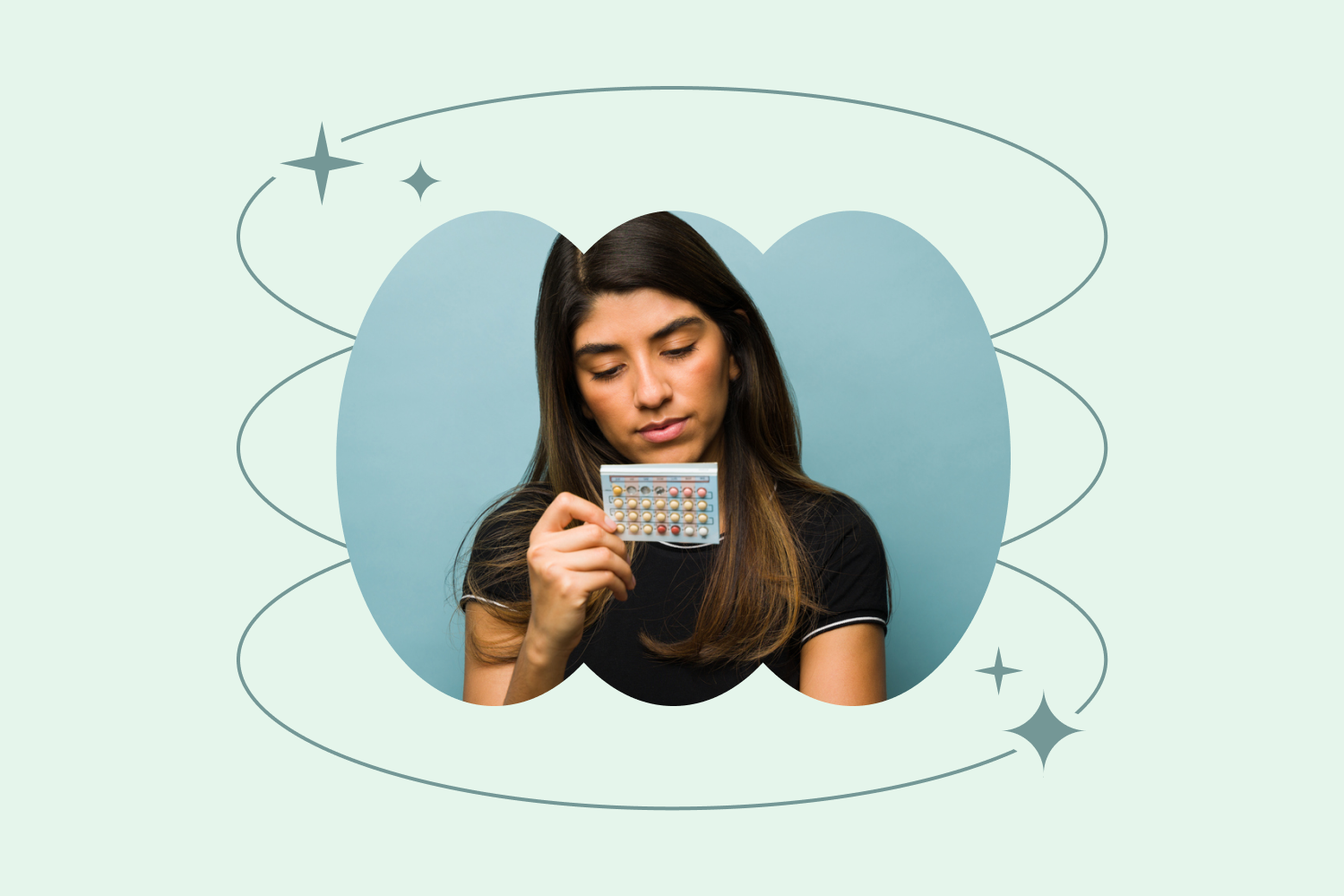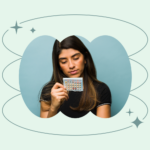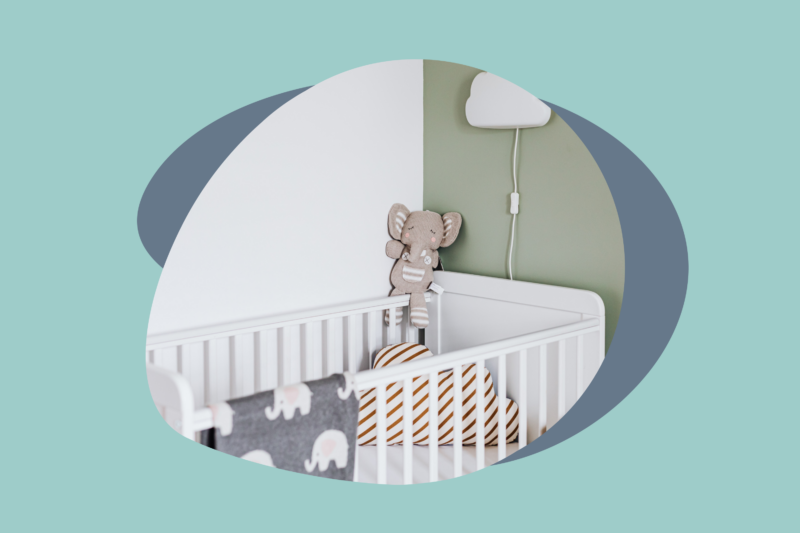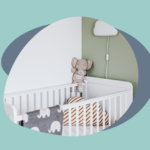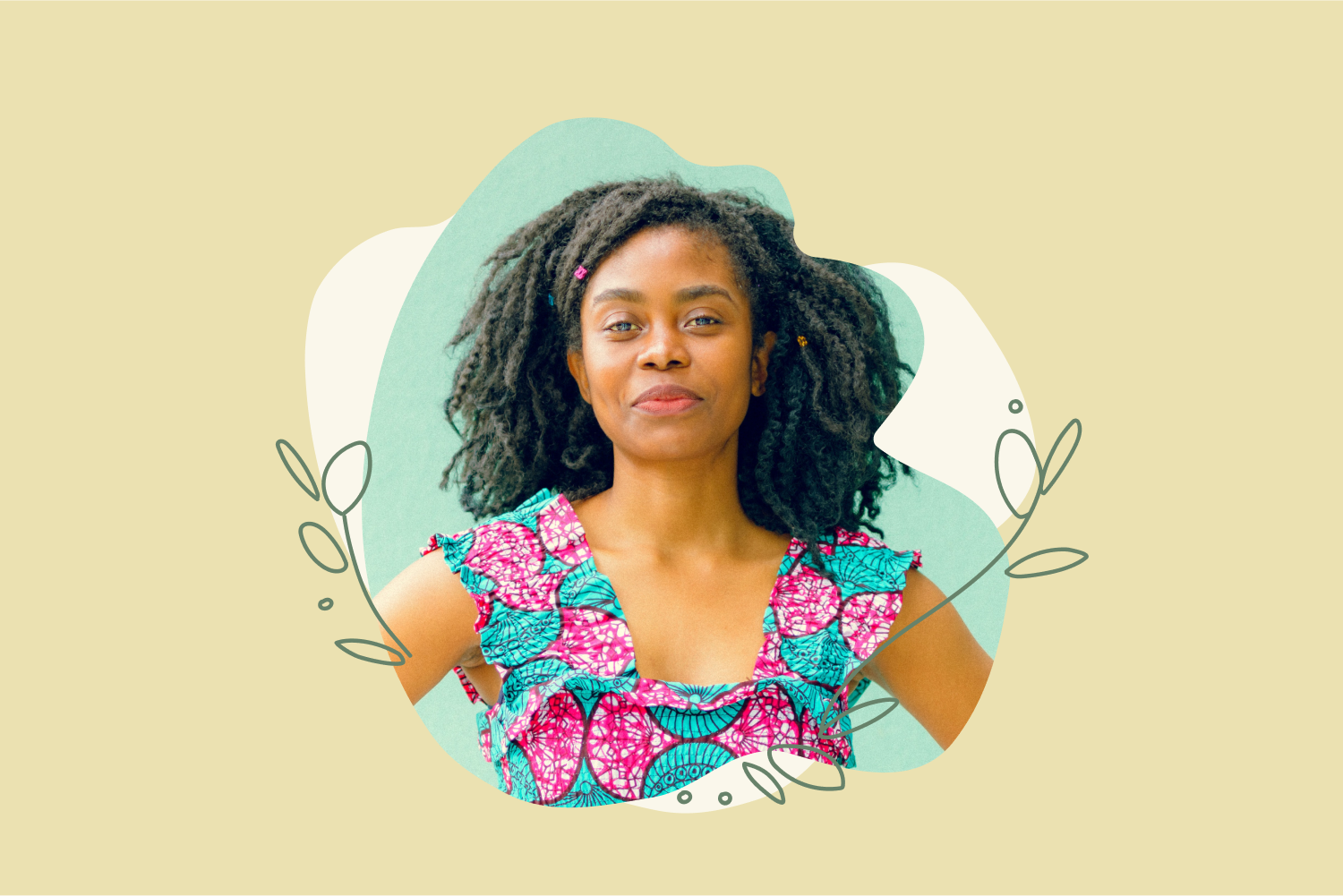What To Expect When You Stop Taking Birth Control
Do you feel it’s your time, and you’re ready to start this exciting journey of becoming a mom? Congratulations! One of the first and very obvious steps is to stop the use of birth control.
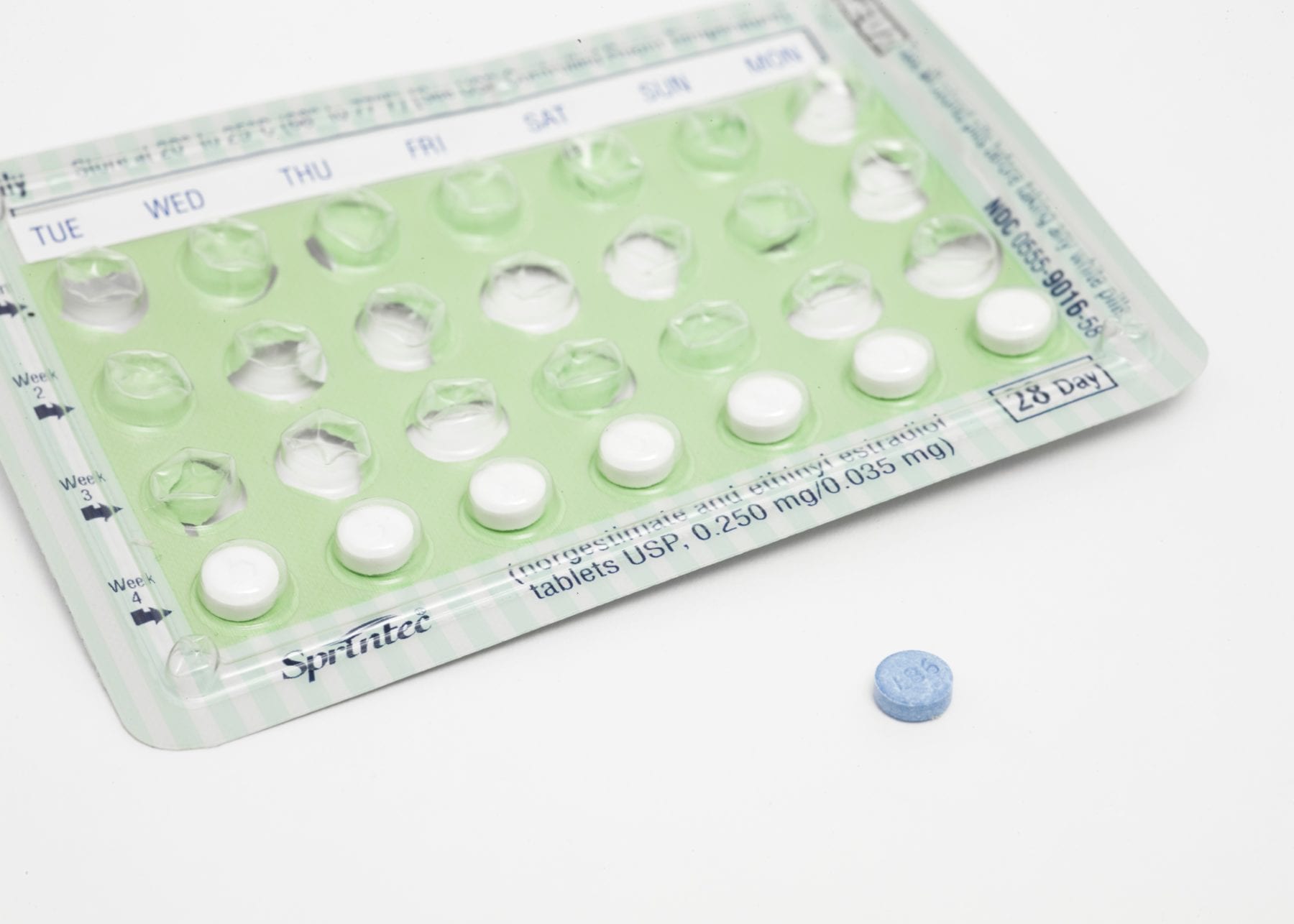
However, if hormonal contraceptives are your primary method, don’t hurry. Here’s what every woman should take into consideration when she stops taking the pill.
When should I stop taking birth control?
Everyone has their own reason for starting birth control and there are just as many personal reasons to choose to stop taking birth control. Some of the most common reasons include:
- Trying to conceive – obviously if you want to get pregnant you need to stop using contraception of any kind.
- Experiencing adverse side effects on the pill – some women experience decreased libido, weight gain, and other negative side effects.
- You may also be on a medication that doesn’t interact well with birth control and can cause one or both medications to be less effective.
- Looking to switch to natural or non-hormonal birth control method
- You are a strict vegan – many birth controls contain lactose and magnesium stearate which some consider to be not vegan-friendly ingredients.
- Over the age of 35 and a smoker – being over the age of 35, a smoker, and on birth control can increase your risk of cardiovascular disease. It is recommended you stop smoking before going back on birth control if over the age of 35.
When should I stay on birth control?
Even if you consider going off birth control there might be some reasons to stay on the pill. A few reasons women stay on the pill include:
- You do not want to become pregnant and don’t want to use other forms of birth control.
- Were put on birth control to deal with symptoms related to PCOs such as painful periods, excess hair growth, and acne. These symptoms will return after coming off birth control.
- Birth control is being used to regulate hormones to avoid early onset of menopause.
You should discuss your individual situation with your doctor before making a decision.
How do I safely stop taking birth control?
Once you decide to stop taking birth control there are certain things you should do to stop the pill safely. First, you should always discuss changes in your medication and reproductive health with your doctor before stopping birth control.
Educate yourself on what side effects to expect and how to deal with them. If you had heavy periods and unpleasant PMS symptoms pre-pill you can expect that to return, so be prepared with pain reliever, relaxation techniques, and anything else that will make it a little more bearable. If you aren’t trying to get pregnant, be sure to decide on a contraceptive method to use.
If you are trying to conceive, educate yourself on when to expect a return to regular ovulation and start tracking your cycle to find your fertile window. Depending on what type of contraceptive you were on it can take anywhere from a few days to a few months for regular menstruation and ovulation to return. Using a tracker such as Mira can help you figure out when ovulation returns and when it will occur on your next cycle.
It is important to let your body adjust. You might experience some short term side effects, but if you just give it time you should see a return to normal. Of course, if any symptom worries you or doesn’t subside you should discuss it with your doctor.
Common Side Effects of Stopping Birth Control
Every woman’s experience is different, but here are some of the most common side effects when stopping birth control. Most of these side effects go away after a few weeks, but discuss any continuing effects with your doctor.
1) Return of Unwanted Symptoms
If you started birth control for some other reason (for example endometriosis or PCOS treatment), be ready for the unwanted symptoms to return. These may include heavy menstrual bleeding, cramps, mood swings, acne, unwanted hair, and irregular cycles.
2) Changes in Menstrual Cycle
While on the pill, you are in control of your period. You can have it regularly, every month, or you can skip it for 3 months if you wish. Once you stop taking birth control, your menstrual cycle needs some time to go back to normal.
You may experience irregular periods, unusually long or short menstruation, atypical discharge or spotting in the middle of the cycle. Give your body some time – up to 3 months, as NHS of UK suggests.
3) Return of Fertility
After some time, when hormones go back to normal, you start ovulating again. You may feel mild cramping as your ovary releases an egg. You may also have more vaginal discharge.
4) Higher Sex Drive
Some women find that the pill drives their libido down. So you may find yourself in the mood more often after you quit hormonal birth control.
5) Weight Loss
Some types of birth control cause weight gain. It happens because the hormones you take cause your body to retain fluid. Some women experience weight loss after stopping birth control.
6) Decrease in Vitamin D Level
Some women have a lower level of vitamin D when they stop taking the pill. It’s a good idea to start taking a Vitamin D supplement, as this element is crucial for maintaining a healthy pregnancy. Studies show, that vitamin D is responsible for bone density, good immunity, and helps to cope with depression, tiredness, and fatigue.

FAQs About Stopping Birth Control
Here are a few other common questions we get when women are stopping birth control. If you have any questions or concerns it is best to discuss your individual situation with your personal doctor.
What happens to my menstruation after going off the pill?
Most women have their period 2-4 weeks after getting off the pill. The first period, in this case, is known as “withdrawal bleeding“. The next one is going to be your first natural period. You may experience irregular periods, long or short cycles, or bleeding between periods for the first few months (more on non-hormonal birth control and withdrawl here).
Your cycle should normalize after a few months. If you continue to experience irregular periods and you did not have them prior to going on birth control you should discuss it with your doctor to rule out any underlying conditions.
How long after stopping birth control do I need to wait to try to conceive?
If you’re trying to get pregnant, it might be a good idea to wait until after you’ve had a natural period.
As soon as you ovulate, you can start trying to get pregnant. Time frames for ovulation vary from one method to another. For example, after quitting mini-pills (progestin-only) you may ovulate within days or weeks, whereas after the hormonal injection your first ovulation may happen only after 10 months.
Do I stop immediately or finish the pack?
You can stop taking the pill at any moment – it is absolutely safe for your health. However, if you’re planning a pregnancy, it is a good idea to finish your pack. When you stop in the middle of the pack, it can throw your cycle off and cause bleeding to start. Your uterus gets confused, the bleeding might last for up to 2 weeks.
How long does it take for hormones to leave the body?
How long it takes your hormones to return to normal levels has a lot to do with what type of contraceptive you were using. For most women, it takes only a few days for hormone levels to return to your body’s natural baseline. However, if you were using the birth control shot it can take several months for the body to flush itself of the additional hormones.
As always, it is a great idea to maintain a healthy lifestyle. A balanced diet, Vitamin D and iron supplements, decreasing stress levels are all very helpful for a smooth and healthy transition. Try to relax and let nature take its course.
Mira’s Editorial Process
All content produced by Mira meets stringent editorial standards, ensuring excellence and accuracy in language and medical precision. Every piece undergoes thorough fact-checking and review by qualified professionals. Check out our full editorial process to learn more.


